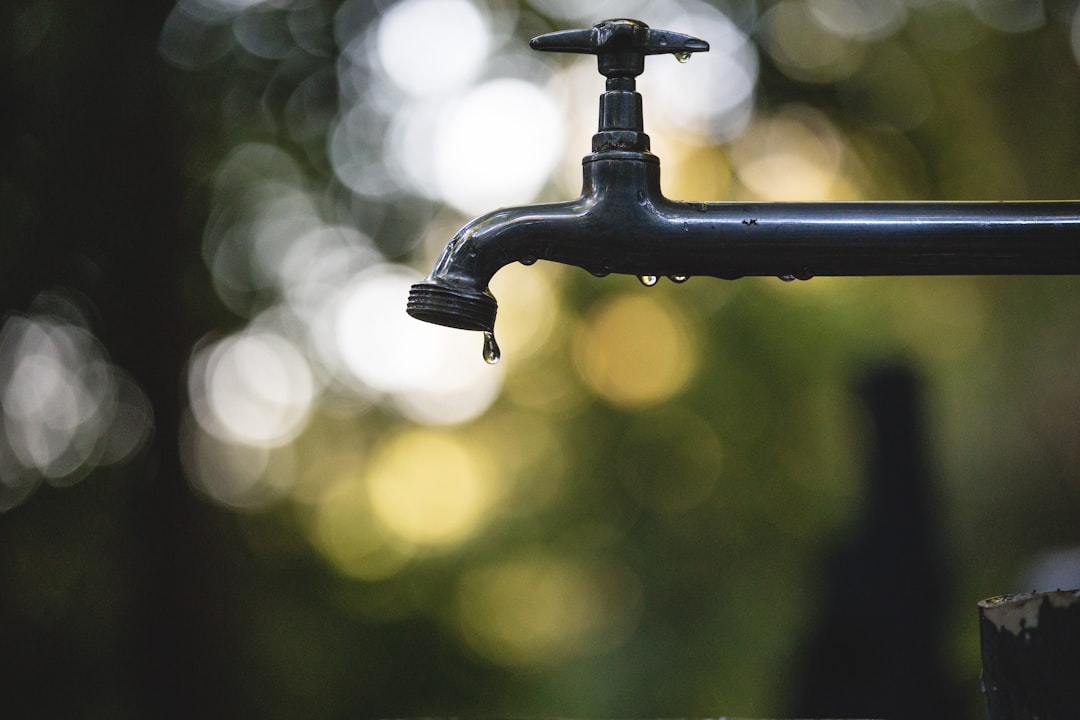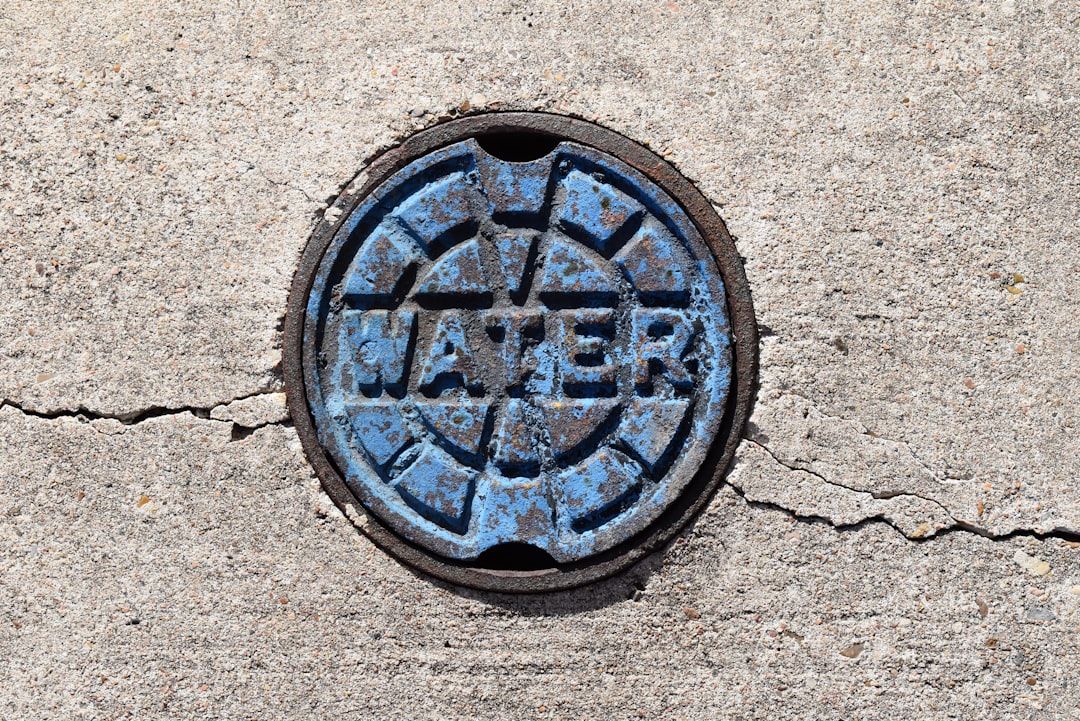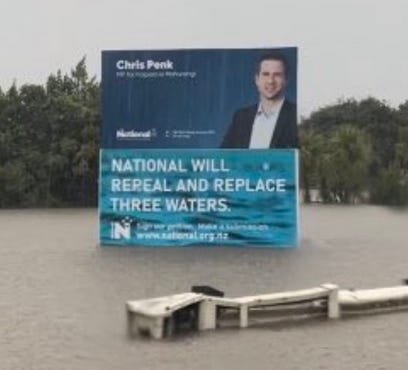Welcome to the first post in a new Explainer series. I asked you what election issues you wanted to know more about. Almost all of you asked about Three Waters so I contacted the excellent journalist and all-round good human Simon Wilson to explain it to us. Simon is an award-winning journalist, he's currently a senior writer at the NZ Herald covering Auckland, politics, the climate crisis, transport, housing, urban design and other urban issues. He's just published an amazing book HomeGround: The story of a building that changes lives - you can buy it here.
Hi Simon, thanks for helping me understand Three Waters. I don't know much about it but it seems to be a big deal in parts of Aotearoa based on what I saw driving through the Bay of Plenty...
Can you tell me, what even is Three Waters?
Remember the crisis in Havelock North in 2016? Campylobacter in the water made more than 8000 people sick. Forty-five were hospitalised and many were left permanently disabled. Four died.
Seen the broken water mains and gushing sewage pipes in the streets of Wellington? Seen the sewage that can wash up on Auckland beaches after heavy rain?
There are many parts of New Zealand where the pipes, filtering systems and other water infrastructure can no longer cope. Or they’re very close to it. They’re in such bad repair, or they’re simply too limited, they can’t manage the modern needs of much larger populations and more extreme weather. It’s no surprise: a lot of those pipes are well over a hundred years old.
“Three Waters” is an attempt to address this. Those “three waters” are wastewater, stormwater, and drinking water, also known as potable water.
Wastewater includes sewage and everything else we empty down the drains. Most of it is channelled to treatment plants. “Sewage”, by the way, is the waste, while “sewerage” is the network that carries it away.
Stormwater is the rain that’s channelled from gutters on buildings, roads and elsewhere into the drains and from there to rivers and the sea.
Potable water also comes to us as rain, and is collected in reservoirs and drawn from rivers. It’s treated to clearly defined standards before being delivered to our taps.
When things go wrong, the three waters get mixed together. The potable water gets polluted with wastewater that contains E.coli and other toxic bacteria; stormwater overwhelms the sewerage system and spills shit into public places.
But making our water utilities fit for purpose in the 21st century is expensive, disruptive and unpopular. For decades, most local councils have simply not done it. Voters, wanting to keep their rates bills down, have been reluctant to let them.
The result: an infrastructure deficit requiring $130-$180 billion to be spent over the next 30 years.
The Labour-led coalition government of 2017-2020 recognised this. Its solution was to take the problem off councils’ hands. Councils would get their water problems solved, over time, without having to face the wrath of voters unwilling to pay for it through their rates.
You might say it’s a case of government fulfilling one of its central roles – long-term planning – while helping councils out of a hole. That’s certainly how the government saw it.
But many councils and many other people, especially in provincial Aotearoa, did not.

What specifically does the government propose?
The water services of our 67 local councils will be combined into four semi-autonomous regional entities, to be operating by July 2024.
In late 2021 and early 2022, a working group of mayors and Māori representatives reviewed the plans and made 47 recommendations. The government accepted 44 of them and, in June 2022, Local Government Minister Nanaia Mahuta introduced the Water Services Entities Bill. It was passed into law in December.
Water is a taonga and is explicitly recognised in the Treaty of Waitangi. Some manner of partnership between the Crown and tangata whenua is therefore required.
The Act says councils will have non-financial shareholdings in the new entities, while regional oversight groups will be set up with equal membership drawn from mana whenua and councils. This is known as “co-governance”.
The job of these groups is to appoint the board members of the entities and help with strategic decisions. They will not be involved in operational matters.
Why is there so much hostility - it sounds pretty sensible?
The first big objection raised against Three Waters was that the government was stealing the assets of ratepayers. Provincial and rural mayors led the charge.
They had a vested interest. Water services account for a big part of rates bills now. For many mayors, the prospect of losing control of that money, and therefore becoming mayors with smaller budgets, was not attractive. Their fiefdoms were going to be downsized!
The mayors argued they could do a better job with the assets themselves. But could they? All round the country, they and their predecessors have spent decades proving they couldn’t, and wouldn’t.
Another factor: many provincial mayors belong to the National Party. As loyal and well-drilled members of the Opposition, they were pushing back against the government initiative almost as a matter of principle. In the early days, when a large deputation of them went to parliament to complain, it was notable that nearly all the mayors there were members of the National Party.
But while the mayors were furious, their central complaint – Three Waters will steal from ratepayers – has never had much traction. Do citizens really care if they have to pay for water as ratepayers or taxpayers? The reality is, under Three Waters water assets will remain publicly owned.
Ironically, though, attempts by the Greens and Labour to ensure Three Waters is not a Trojan horse for eventual privatisation were thwarted by National and Act. The government wanted to entrench the public ownership, so it would have required a 60 per cent vote in parliament for any selloff to proceed.
But the proposal to do that was handled badly by Mahuta, who made it look like some kind of secret plan, and a big public protest saw it withdrawn. Now, while Three Waters does not mean water will be privatised, it does mean that a future government will find it legislatively easy to sell the water assets.
But it’s not just the smaller cities and towns. Isn’t Auckland Council opposed to Watercare too?
Ah yes. But Auckland Council is opposed to Three Waters for almost the opposite reason from the others. In Auckland, the “council-controlled organisation” Watercare runs the potable water and sewerage operations. It’s very large and relatively efficient and has a strong strategic management plan.
Watercare, in most respects, is a close model for the four water authorities the government plans to set up to run the nation’s water utilities.
Auckland doesn’t really need the reforms. The council is currently spending well over a billion dollars to allow Watercare to modernise the system in a large part of the city. This is a legacy of the last mayor, Phil Goff, who fast-tracked the programme.
So Auckland Council is opposed to Three Waters because it could make Watercare less efficient.
The problem is Northland, which desperately needs government help to modernise, and will have to combine with others in its region. That means it will become part of Watercare, or whatever Watercare becomes in the new setup.
It seems Auckland Council, under the last mayor and the current one, doesn’t think Auckland should have to take on the problems of Northland.
But none of this is what really gets the angry people going. That distinction belongs to co-governance.

It seems to be like "co-governance" in the context of Three Waters is a racist dog whistle. Every time I see anti-Three Waters rhetoric there's usually a really racist comment jammed in the middle. Is that a fair representation of the opposition to it? Because we already have co-governance working really well right?
I think that’s true. The other objections to Three Waters have largely melted away. It seems to me that what we’re left with, now, boils down to outrage that Māori are getting something they don’t deserve, or some kind of unfair advantage, or something they will use against Pākehā.
This is the issue that’s turned out to have traction. It’s tempting to think the government might have avoided the conflict if it had never said “co-governance”, but instead talked about “partnership” or “shared responsibility”. But I think that’s nonsense. Racists gonna be racist.
The best explanation of why the racism is absurd comes from Chris Finlayson, who was Treaty Negotiations Minister in the Key government.
Chris Finlayson: Co-governance should be embraced — not feared
Finlayson is no friend to progressives: he’s happily on the libertarian right. But he negotiated co-governance arrangements for the Waikato River Authority and Ngāi Tuhoe and he says this: “‘Co-governance’ has become a term that people don’t understand. They think it means co-government.
“People who are frightened by co-governance think they’ll be locked out of access to our natural resources, for example. When what it really means is that involving iwi in a myriad of decisions can actually result in a better country.
“The people I call ‘the KKK brigade’ are out there. They dream of a world that never was, and never could be. They are the people — and these words aren’t mine but are taken from a former British foreign secretary — that you can call the ‘sour right’. They don’t really understand tangata whenua. They don’t like change.”
It’s interesting listening to the current National Party leader, Christopher Luxon, talking about co-governance. On RNZ recently he said he supported the arrangements Finlayson had negotiated. But he opposed “co-governance” when it involved “government services”.
It doesn’t make any sense: the co-governance arrangements in Te Urewera, under the deal with Tuhoe, involve a host of health, education, housing, employment, land, economic development, welfare and other government services.
Luxon, in my view, is merely trying to have it both ways. He knows the arrangements in place now make sense, but he doesn’t want to give up the dog whistling. He’s pandering to the “sour right”, presumably because he knows Act and NZ First are doing the same thing.
The full absurdity of this whole debate is revealed in the Waikato River arrangement. It controls much of the water for Auckland and for dairying in the Waikato, among many other things, which makes it incredibly important to the country. And it’s co-governance, it’s been in place for 10 years, it works really well, and everyone agrees about that.
And it’s about water! The very thing some people are so antsy about with Three Waters. How is it not just plain racism?
Will it even go ahead?
We’ll know soon enough. The Act has been passed, but it still could be amended or even just negated entirely.
Either thing could happen if the new PM, Chris Hipkins, thinks it’s a red flag issue that Labour’s political enemies will use to rally the opposition and hurt the government. But will he do that?
Three Waters opponents like to say Labour has been enslaved by its Māori caucus so it won’t be dropped, but that’s just more racist thinking. Evil brown people subverting democracy and all that.
Hipkins could keep Three Waters intact because he decides the principles are worth defending. It’s not impossible.
Or he could keep it intact by gambling that the issue will die down anyway. After all, Luxon’s position does suggest they’re running out of coherent things to say. A hard core of opposition will remain, but why would Hipkins care? Those people will never vote Labour. And come October, we’ll probably have other things on our minds.
My guess is that there will be some modifications designed to show “the government is listening”.
But it will almost certainly go ahead. After all, who can’t read the obvious lessons of the flooding of the last week? Existing water infrastructure is not fit for purpose. And there is no chance in this world that councils on their own will be able to fix it.
Why should we care about all of this?
We should care because:
1) We want safe drinking water, reliable stormwater systems and clean beaches. Doing nothing is not an option.
2) Why give in to racism?




Emily Writes and Simon Wilson collaboration!!! ❤️❤️❤️
I work in Three Waters and support everything explained here. Managing this Public Health Service and being environmentally responsible AT THE SAME TIME is incredibly complex and hard and new - we’ve always been allowed to degrade the environment till now. We need the single mindedness of water entities without political distractions and elections to deliver this change that will benefit us all.
Hey team thanks for all your comments . This is just to say I will get to them but maybe not today as I’ve been flat out organising a fundraiser for Nurturing Families a community group helping in Tāmaki Makaurau. Super stoked that I straight away had like five performers volunteer to help, mates said they’ll sell raffle tickets and my friend Noods said she’d make a poster. Feels good to be able to help in some way. Hopefully we sell tickets!
Lil Regie waived ticket fees and Meow are as always being amazing. Our amazing mayor Tory Whanau was keen to help too and will speak on the night along with Campbell Barry the mayor of Lower Hutt. I’m hoping to put more performers on the bill and I’m now going to try to find some Wellington businesses to donate things! Let me know if you know anyone who can help - email me at emilywritesnz @ gmail.com
Oh and buy a ticket! https://love-from-welly-a-fundraiser-for-tamaki-makaurau-whanau.lilregie.com/booking/attendees/new?
Xox